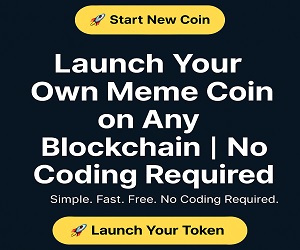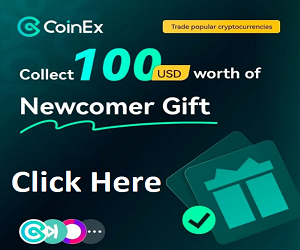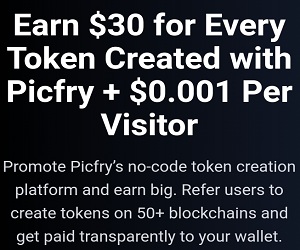Crafting Compelling Email Campaigns to Promote Crowdfunding
Crafting compelling email campaigns to promote crowdfunding can be a highly effective way to engage potential backers and encourage them to contribute to your campaign. Here's a step-by-step guide on how to create persuasive email campaigns for crowdfunding promotion:
1. Build and Segment Your Email List:
11. Follow Up and Thank Supporters: - Send thank-you emails to backers immediately after they contribute. - Keep backers informed with regular updates on your campaign's progress.
By following these steps and continuously refining your email campaigns, you can effectively promote your crowdfunding campaign, engage potential backers, and increase your chances of reaching your fundraising goals. Remember that building and nurturing relationships with your supporters is key to long-term success beyond your crowdfunding campaign.
1. Build and Segment Your Email List:
- Gather a list of contacts who have shown interest in your project or campaign, including friends, family, previous supporters, and leads from your website or social media.
- Segment your list based on factors like familiarity with your project, location, and engagement level to personalize your messages effectively.
- Select a reputable email marketing platform such as Mailchimp, Constant Contact, or HubSpot. These tools offer templates, analytics, and automation features to streamline your email campaign.
- Your subject line is the first thing recipients see, so make it attention-grabbing and relevant to your crowdfunding campaign.
- Use urgency, curiosity, and benefits to entice readers to open the email.
- Start with a personal greeting using the recipient's name, if possible.
- Provide a brief and engaging introduction that highlights the essence of your crowdfunding project.
- Tell a compelling story about your project. Explain why it matters, the problem it solves, and the impact it can make.
- Include multimedia elements, such as images, videos, or infographics, to visually showcase your project.
- Clearly state the fundraising goal, the progress made, and the remaining time for the campaign.
- Highlight any rewards or incentives for backers.
- Explain how contributions will be used and the difference they will make.
- Include testimonials, endorsements, or previous success stories to build trust and credibility.
- Add a strong and clear call-to-action (CTA) that encourages recipients to contribute.
- Consider offering a limited-time discount or bonus for early backers.
- Address potential objections or questions that backers may have.
- Express gratitude in advance for their support.
- Mention the number of backers you've already received and any notable supporters or media coverage.
- Share social media buttons and encourage recipients to share the campaign with their networks.
- Ensure your email and landing page are mobile-responsive, as many people check their emails on smartphones.
- Test your email on different devices and email clients to ensure it displays correctly.
- Personalize emails by using recipients' names and tailoring content to their interests, if possible.
- Segment your list to send different messages to various groups, such as first-time recipients and previous backers.
- Test your email campaign by sending it to yourself and team members to check for formatting issues, broken links, or typos.
- Preview how your email will appear in different email clients.
- Use email automation to send follow-up messages to those who haven't opened or clicked on your initial email.
- Create a sequence of emails to keep backers engaged throughout the campaign, including updates on milestones and progress.
11. Follow Up and Thank Supporters: - Send thank-you emails to backers immediately after they contribute. - Keep backers informed with regular updates on your campaign's progress.
By following these steps and continuously refining your email campaigns, you can effectively promote your crowdfunding campaign, engage potential backers, and increase your chances of reaching your fundraising goals. Remember that building and nurturing relationships with your supporters is key to long-term success beyond your crowdfunding campaign.


